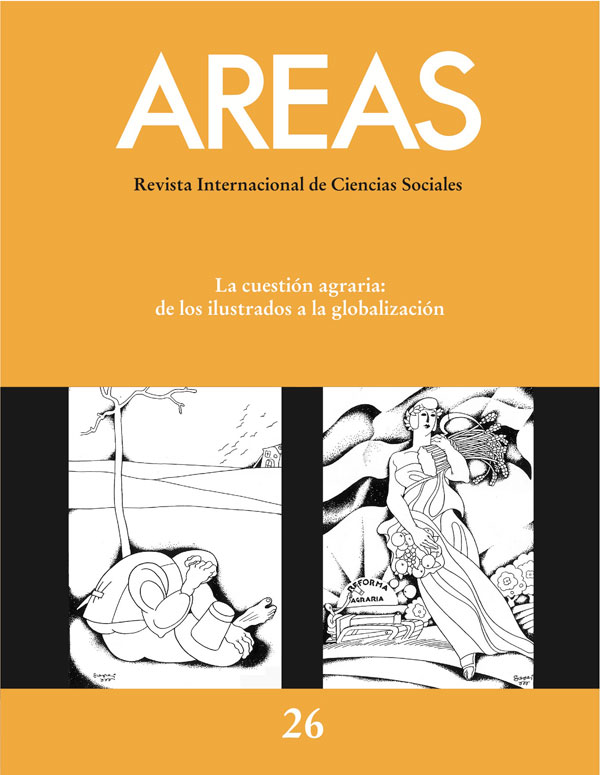Economics, nature and agiculture in the work of spanish economists: Some ecological-economic suggestions (1940-1970)
Abstract
In Spain, the main reflections about the relationship between economy and nature was produced since end of the seventies. Despite this circumstance, in the second third of the 20th century we can find interesting environmentaleconomic suggestions in some orthodox economists (Perpiñá i Grau, Torres, Valentín Andrés Álvarez). Nevertheless, neither these economists nor the conventional approach did not go into these contributions in any depth. In this article we highlight those suggestions, but we also point out on the simultaneous influence that an academic event had in the understanding of the relationship between economy and nature in Spain since the middle of the forties: the substitution of economic structure for economic geography as subject in the degree of Economics.Downloads
Download data is not yet available.
Metrics
Views/Downloads
-
Abstract337
-
PDF (Español (España))129
Carpintero, Óscar. (2007). Economics, nature and agiculture in the work of spanish economists: Some ecological-economic suggestions (1940-1970). Areas. International Social Science Journal, (26), 151–165. Retrieved from https://revistas.um.es/areas/article/view/118561
Artículos
The published works by this Journal are subject to the following terms:
1. The Publication Service of the University of Murcia (the Editor) owns the copyright of its publications. It promotes and allows its use under the indicated licence in Section 2.
© Servicio de Publicaciones, Universidad de Murcia, 2011
2. Papers are digitally published under the licence Creative Commons Reconocimiento-NoComercial-SinObraDerivada 3.0 España (legal text). They can be copied, used, disseminated, transferred and publically presented if: i) the author is quoted, as well as the original source of publication (Journal, editorial and URL); ii) they are not used for commercial purposes; iii) the licence of use is mentioned.
3. Auto-file Conditions. It is allowed and authors are encouraged to digitally disseminate their pre-print versions (versions prior to review) and/or post-print (reviewed version accepted for its publication) since it promotes its early diffusion and the corresponding increase of quotes and scope within the academic community. RoMEO Colour: green.


